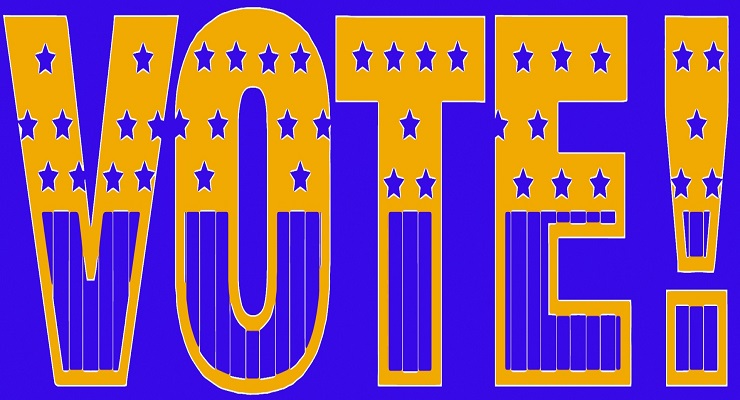
This story is from Fivethirtyeight by Geoffrey Skelley:
The COVID-19 pandemic has already disrupted public life in a number of ways — large events are canceled, restaurants are closed and many of us are stuck at home — but a fundamental aspect of our democratic society could also be under threat: voting.
Already, eight states or territories have postponed their presidential primaries — but depending on how long this pandemic affects day-to-day life in the United States, it could impact the November general election, too. But this isn’t the first time our country has had to go to the polls in a time of crisis. Elections have occurred during economic catastrophes like the Great Depression as well as during both world wars. The good news is we’ve always managed to hold general elections — even in the midst of the Civil War — but the bad news is that our ability to vote is often hampered. And turnout has usually fallen because voting became harder or costlier in the face of natural or man-made calamities. Looking ahead to the November election, recent primary elections show that states need to be prepared for the worst when it comes to making sure people can vote despite a health crisis.
Take last Tuesday. Ohio postponed its election and in Illinois, where there isn’t a tradition of voting by mail, turnout was much lower than in the other two states that voted. (Florida and Arizona both generally cast a large percentage of ballots by mail.) There’s still a lot we don’t know about the current health crisis we find ourselves in — how long will the urgency of the coronavirus threat last, for example, or how things will look come November — but if we’re looking at elections comparable to our current moment, the most relevant may be the 1918 midterm.
Read the full story here.
Leave a Reply